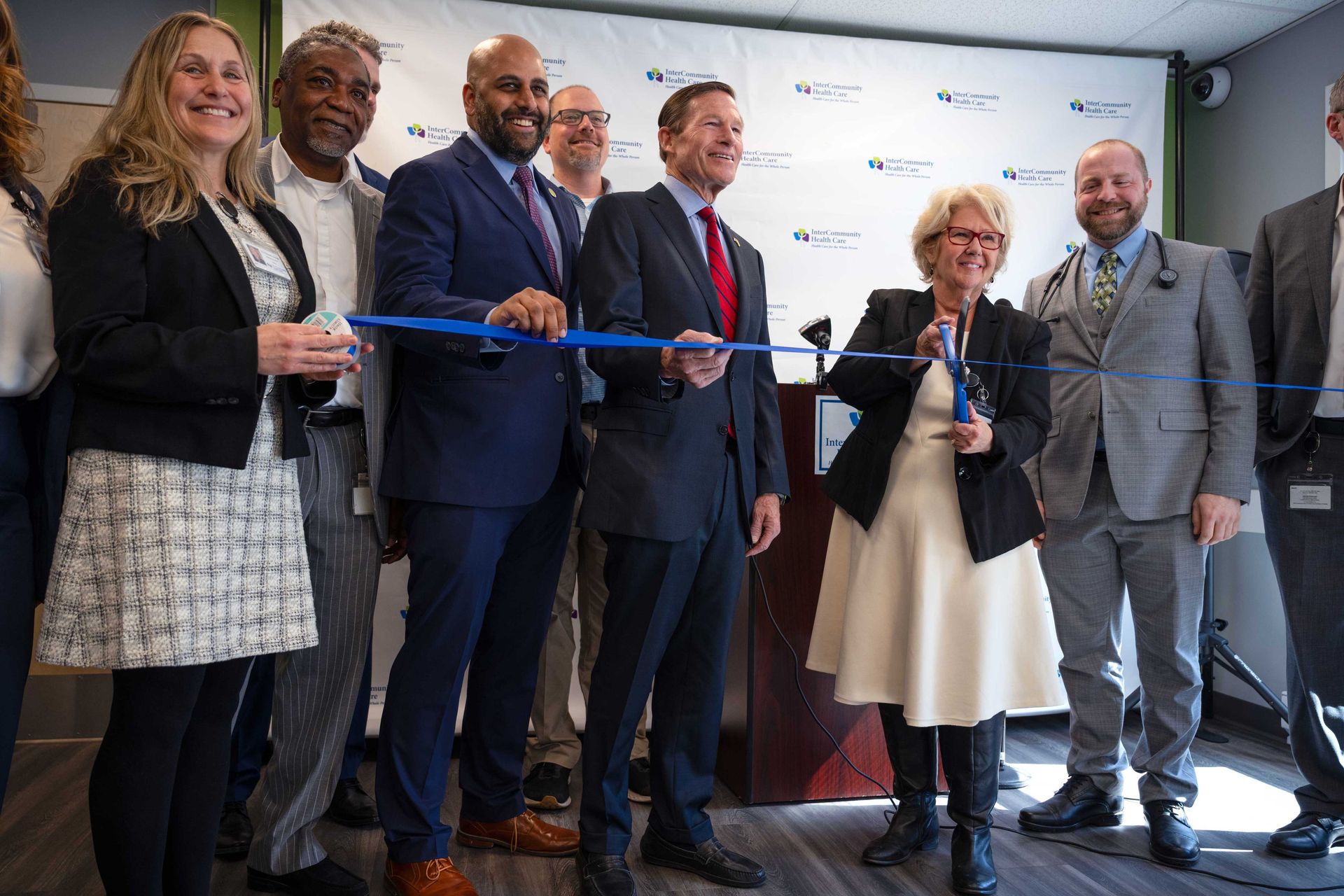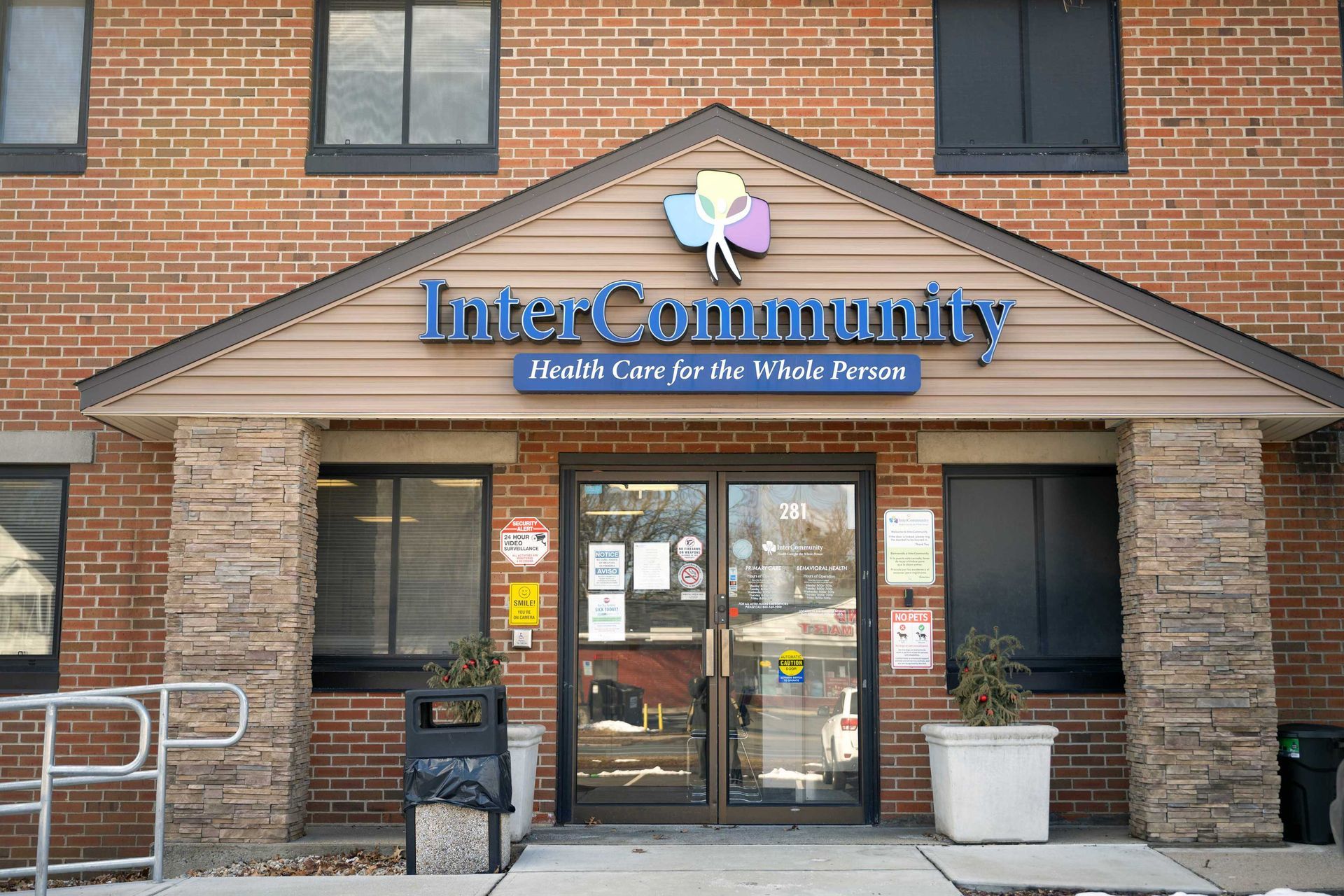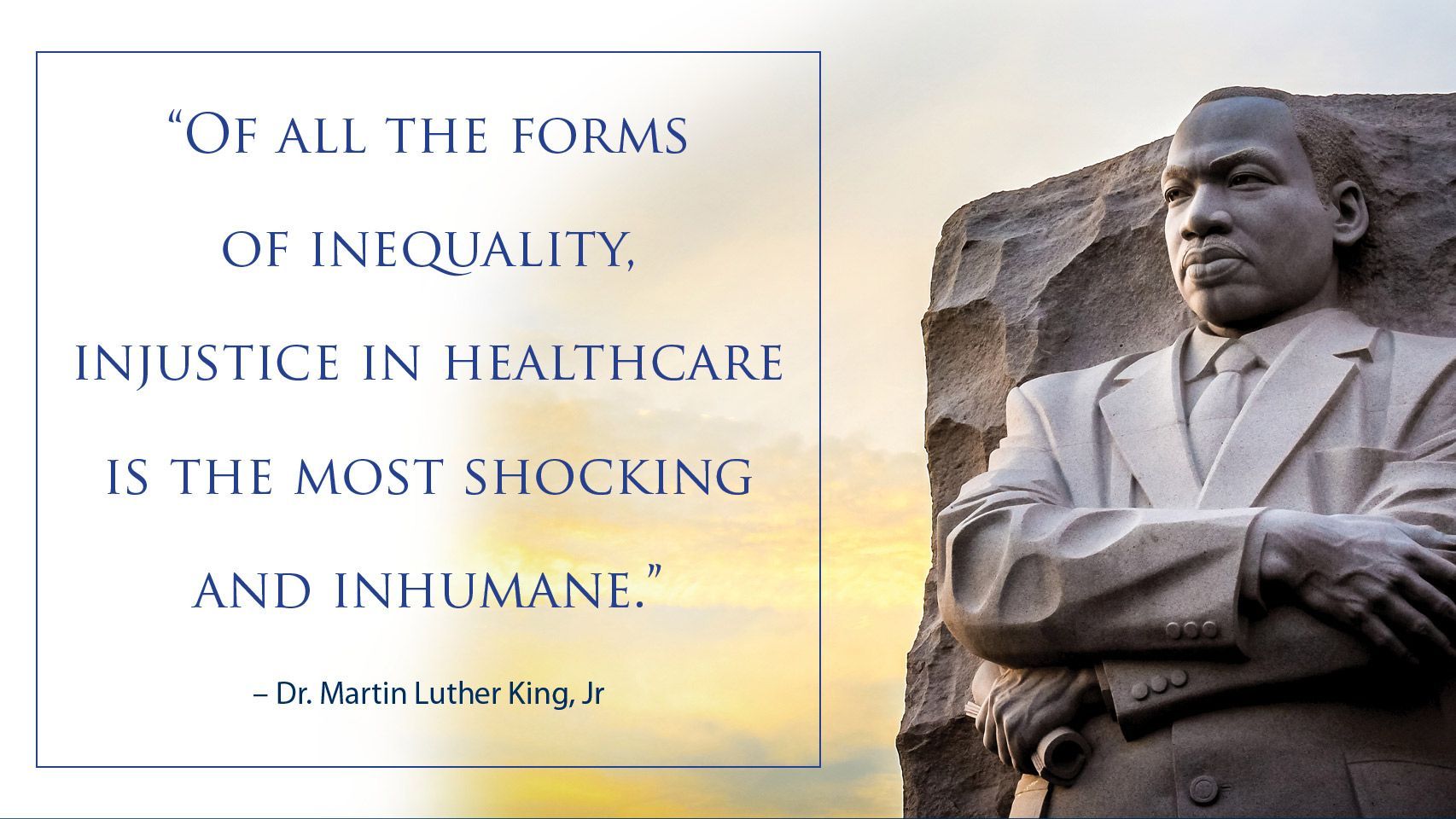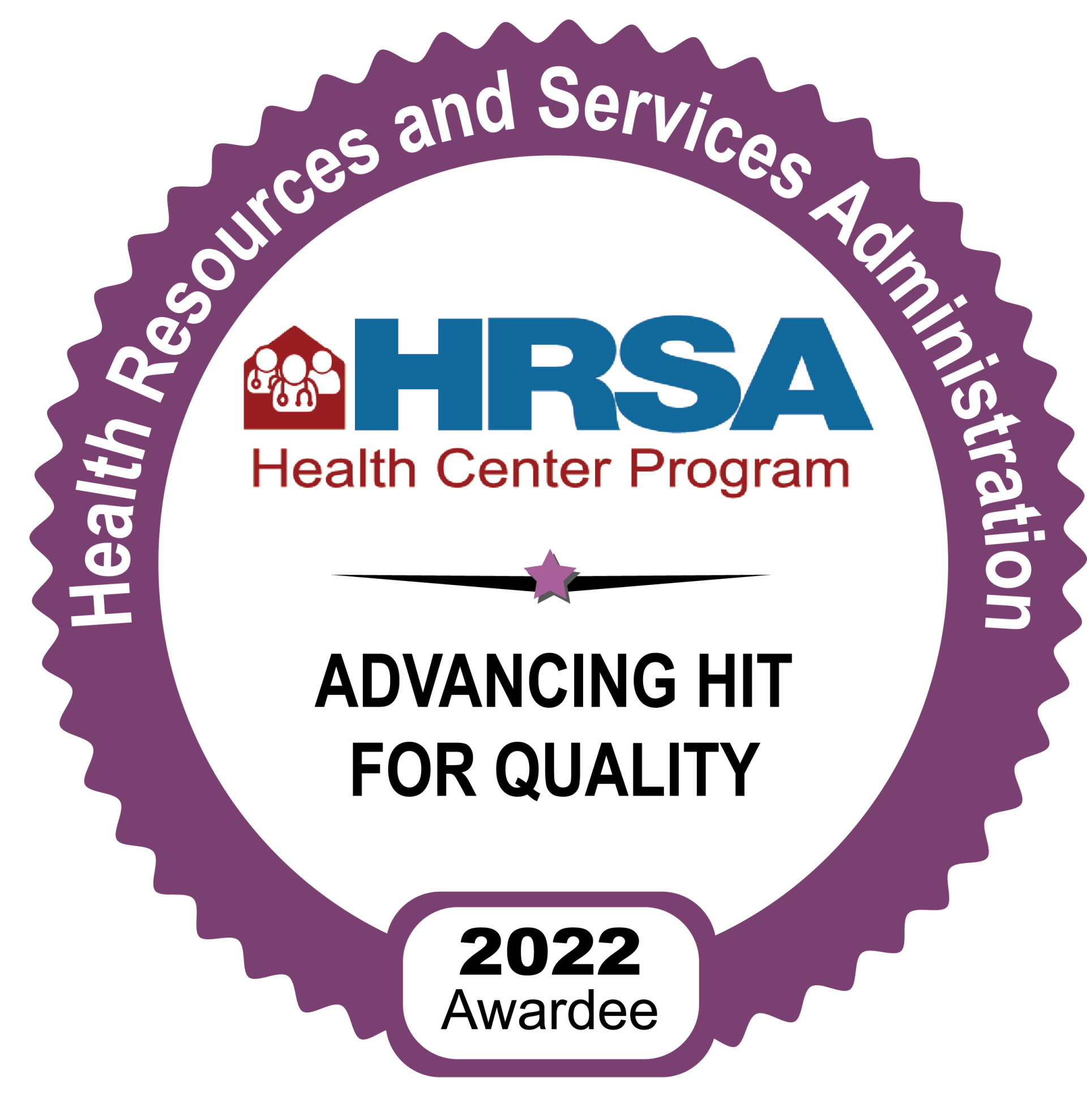Medication-Assisted Treatment: An Interview with Dr. Chad McDonald
Medication-assisted treatment (MAT) is the use of medications, in combination with counseling and behavioral therapies, to provide a “whole-patient” approach to the treatment of substance use disorders. At InterCommunity Health Care, MAT programs are clinically driven and tailored to meet each patient’s needs.Research shows that a combination of medication and therapy can successfully treat these disorders, and for some people struggling with addiction, MAT can help sustain recovery. MAT is also used to prevent or reduce opioid overdose.
“Outcomes are so much better with MAT than without medications,” stated Dr. Chad McDonald. Dr. McDonald is Director of Medical Services at InterCommunity Health Care and is an Addiction Specialist and Family Medicine Osteopathic Physician. “Addiction is a chronic brain disease that can be treated and managed with medication, much like other chronic medical conditions. Yet there is still so much stigma experienced by people with addictive disorders. Many of the negative attitudes towards MAT among patients, their doctors, and their peers may come from misunderstandings of how these treatments work.”
The FDA has approved several different medications to treat a wide range of substance use disorders. MAT medications relieve the withdrawal symptoms and psychological cravings that cause chemical imbalances in the body.
“Medications stabilize people,” notes Dr. McDonald. “At InterCommunity, we have the capacity to treat an extended number of people with substance use disorders. For example, all primary care providers at InterCommunity can prescribe Suboxone, which is a combination of buprenorphine and naloxone.”
Suboxone decreases the severity of withdrawal symptoms and reduce a patient’s dependence on opioids in the long term and is taken orally on a daily basis. Another option for patients at InterCommunity is Sublocade (buprenorphine), which is given by injection once a month for adults with moderate to severe opioid use disorder.
Dependence on alcohol or opioids can also be treated with naltrexone , which works by blocking the effect of opioid receptors and decreasing cravings and urges to use alcohol or opioids. Vivitrol, a brand name prescription drug, is naltrexone that is injected intramuscularly once a month.
“There are pros and cons for each medication option. With a once-a-month shot, for example, medication compliance is less of a factor and it’s harder to self-sabotage,” Dr. McDonald stated. “At InterCommunity, we work with every client to find the best solution. There aren’t many organizations that offer such comprehensive addiction services, from detox to intensive and intermediate residential programs and outpatient treatment. We offer truly holistic care and address the social determinants of health.”
Read here for more information on MAT and common misconceptions.
Patients can access care at InterCommunity with or without insurance. Call 860-569-5900 for more information or to schedule an appointment.
The post Medication-Assisted Treatment: An Interview with Dr. Chad McDonald appeared first on InterCommunity.
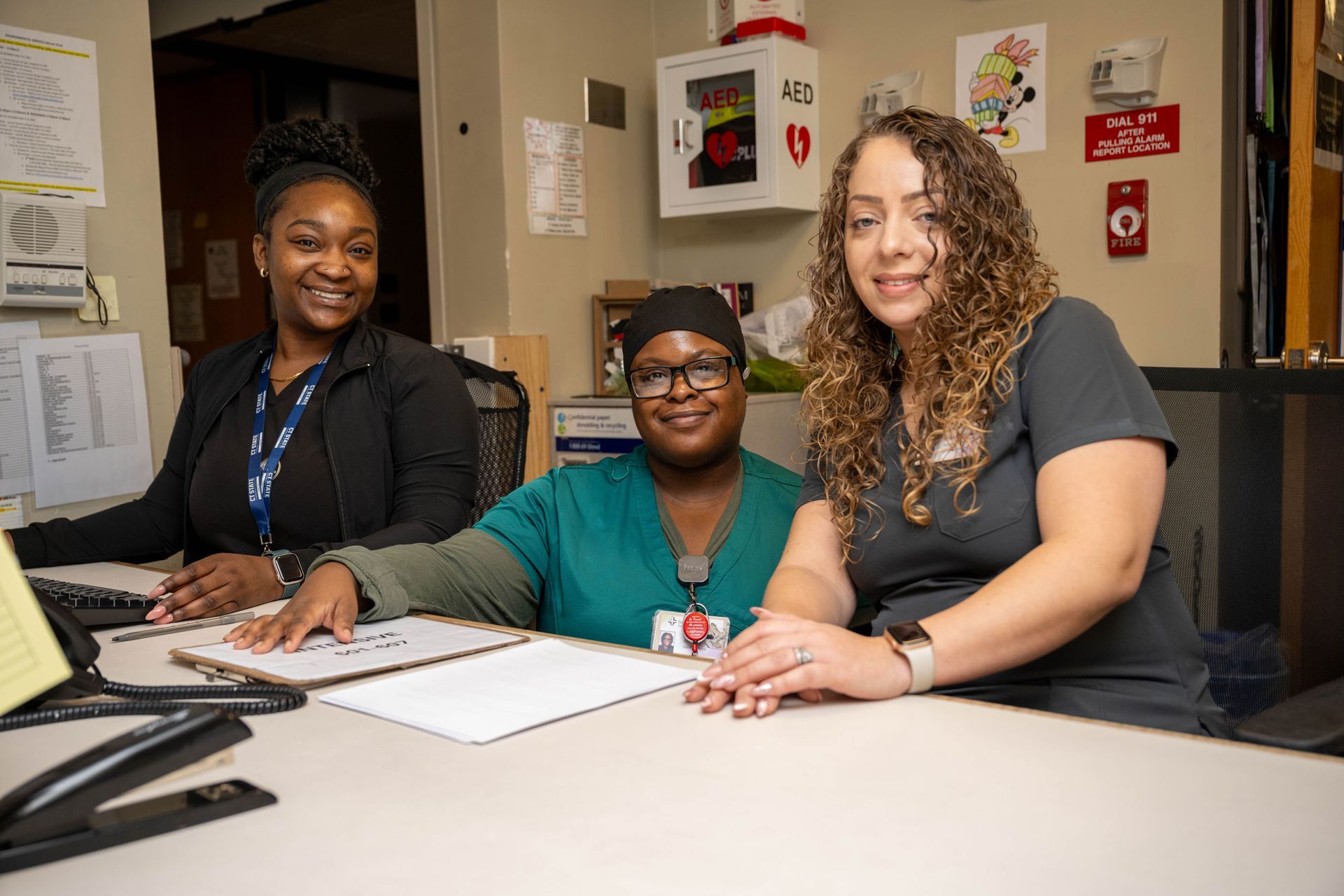




No one will be denied access to services due to inability to pay; and there is a discounted/sliding fee schedule available based on family size and income.
For all concerns of a compliance nature please send correspondence to compliance@intercommunityct.org
Or call our corporate compliance department at 860-569-5900 extension 364
For all concerns of a compliance nature please send correspondence to compliance@intercommunityct.org
Or call our corporate compliance department at:
860-569-5900
extension 364
#WeWontStopCaring
© 2025 All Rights Reserved. InterCommunity inspires hope and promotes whole person health by providing high quality, affordable, compassionate healthcare for everyone. InterCommunity, Inc. is a 501(c)(3) organization. Your contribution is tax-deductible as allowed by law.



